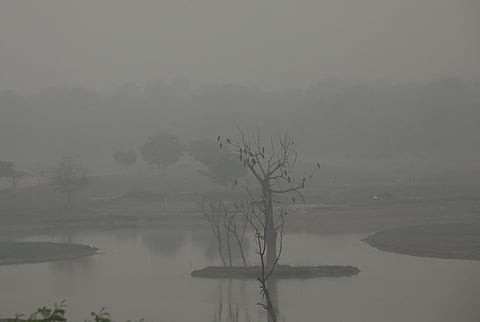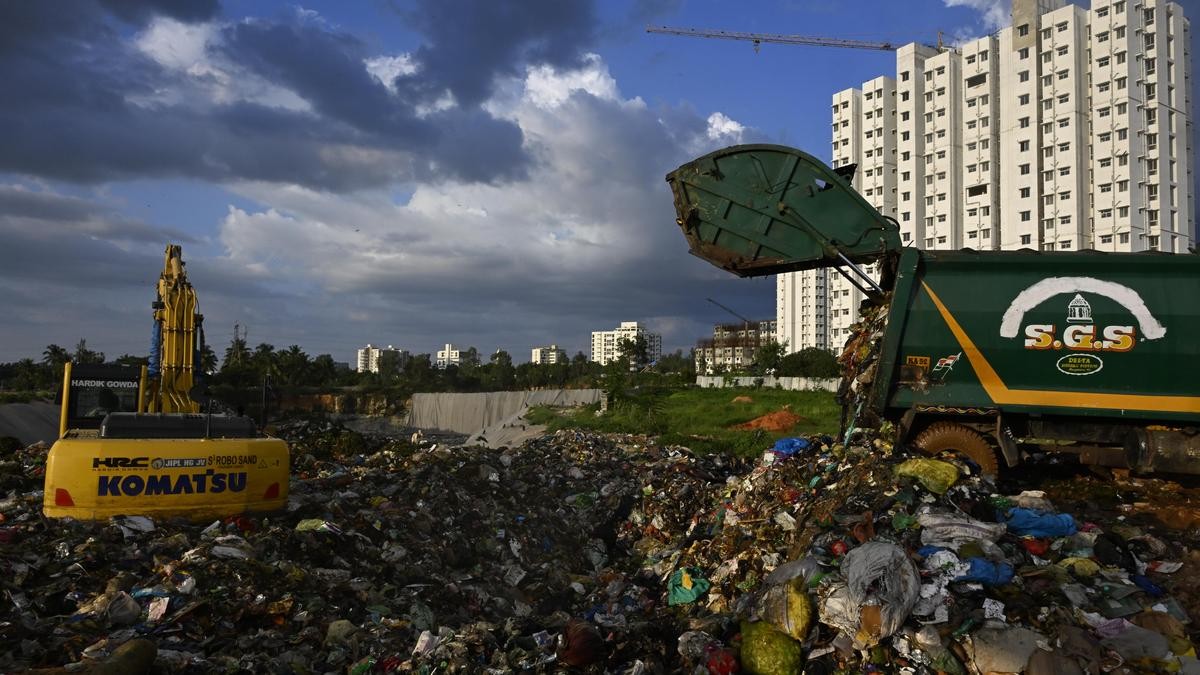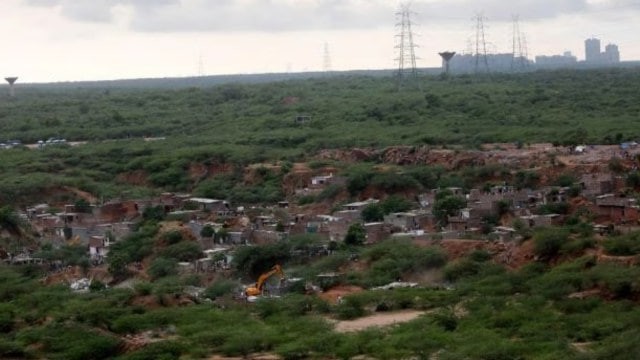





Copyright infringement not intended
Picture Courtesy: https://www.thehindu.com/sci-tech/energy-and-environment/worlds-rarest-whale-may-have-washed-up-on-new-zealand-beach/article68406823.ece
Context: A beaked whale found on a New Zealand beach presents a rare chance for scientists to study the elusive spade-toothed whale, the world's rarest whale species.
About spade-toothed whale
|
This species has never been seen alive, so nothing is known of its behaviour. It is presumed to be similar to other medium-sized Mesoplodon, which inhabit deep waters, live alone or in small groups, and feed on cephalopods and small fish. The young likely become independent at about one year of age, with roughly a 73% chance of survival past the first year. |
Source:
|
PRACTICE QUESTION Q. Deep-sea ecosystems are poorly understood and increasingly threatened by pollution, such as deep-sea mining and plastic debris reaching these depths. How to develop a research plan to investigate the impact of pollution on deep-sea biodiversity and recommend sustainable practices for deep-sea exploration. |







© 2025 iasgyan. All right reserved